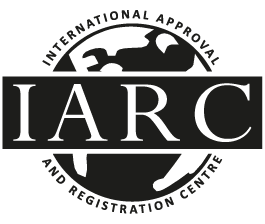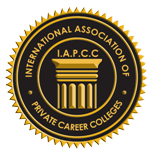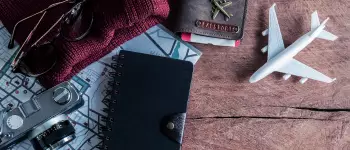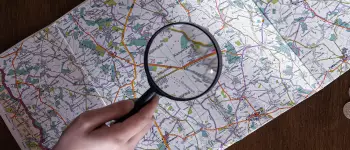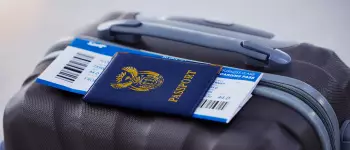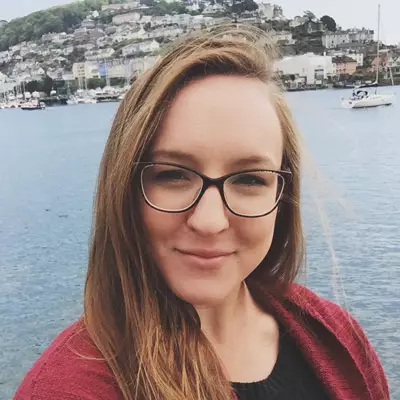The Ultimate Travel Journalism Course
Is your dream to explore the world and be paid to travel? The Ultimate Travel Journalism Course provided by the British College of Journalism, can show you how to make your dreams into reality.
Covering the A-Z of all you need to know to become a successful travel writer, this freelance travel journalism course
will provide you with the information you need to develop your skills as a travel writer. This will help you find
success by teaching you exactly how to go about negotiating the travel writing industry.
You will be working directly with an established and current professional in the travel writing industry, a travel
journalist with a proven record of success. They will teach you all you need to know to start building your travel
writing career. With over 30 years of professional experience behind our directors and educators, you know youre in safe
hands.
Open the door to a world of opportunity
The Travel Journalism Course offers a unique opportunity to turn your passion for travel into a rewarding career. You'll
learn to craft compelling travel stories, from developing initial story ideas to editing and submitting them to
publications. The course focuses on practical skills, guiding you on how to write and sell your work to newspapers,
magazines, and other travel-related businesses. You'll also explore lesser-known avenues like writing for newsletters,
PR companies, and even developing content for smartphone apps.
The demand for freelance travel writing is high, with most publications featuring travel sections. The course emphasizes
the importance of understanding the market and developing a marketable skillset. By learning the techniques of
successful travel journalists, you can build a successful career while enjoying the flexibility and independence of
freelance work.
Travel writing offers the chance to explore the world, meet fascinating people, and see your work published. It can be a
fulfilling and rewarding career path, allowing you to combine your passion for travel with your writing skills. The
course provides the foundation you need to succeed, equipping you with the knowledge and confidence to embark on your
travel writing journey.
Download your Free Course Guide






